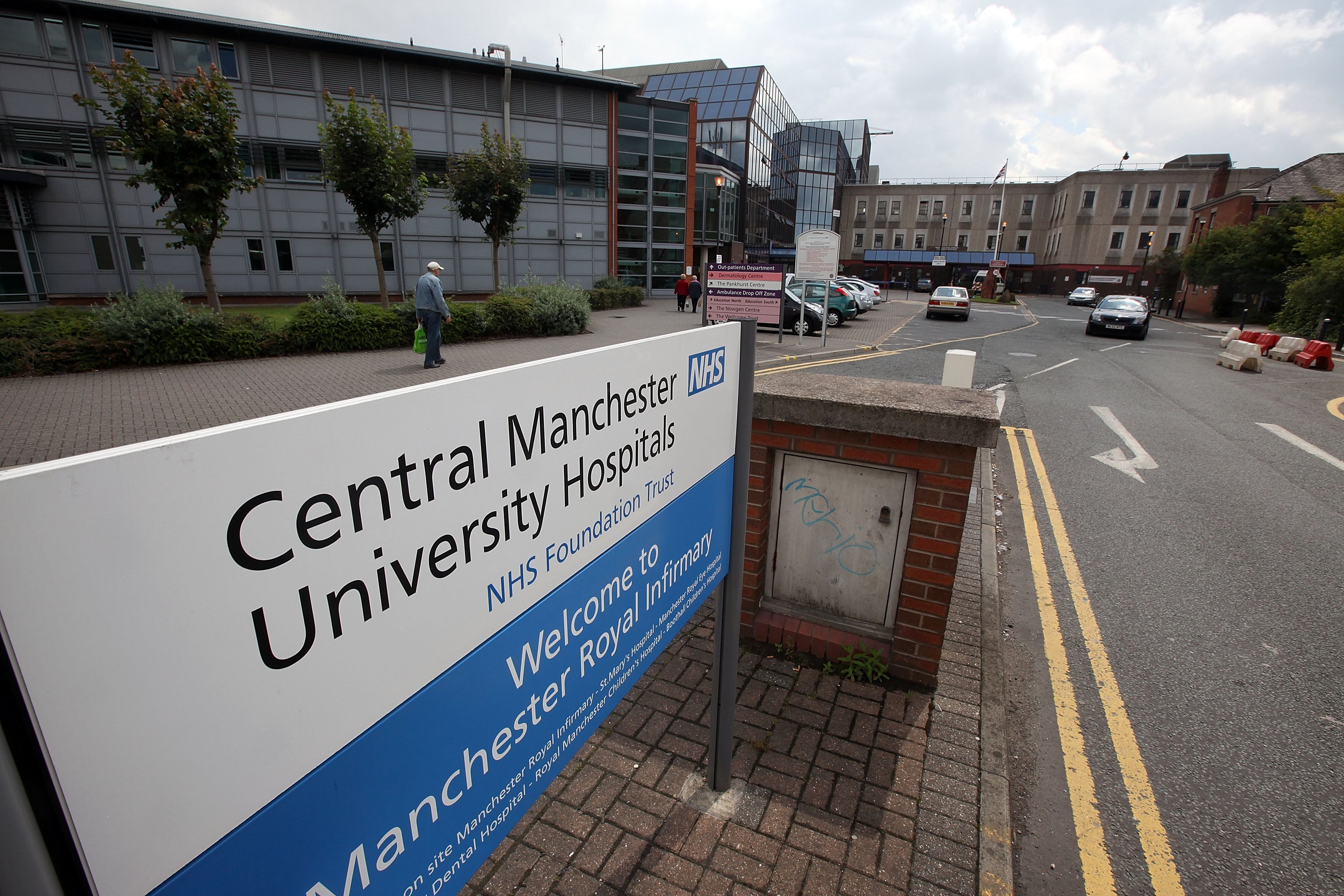Mers: What are the symptoms, how does the virus spread – and how contagious is it?
Two patients have been isolated and are being screened for the virus in Manchester

Your support helps us to tell the story
From reproductive rights to climate change to Big Tech, The Independent is on the ground when the story is developing. Whether it's investigating the financials of Elon Musk's pro-Trump PAC or producing our latest documentary, 'The A Word', which shines a light on the American women fighting for reproductive rights, we know how important it is to parse out the facts from the messaging.
At such a critical moment in US history, we need reporters on the ground. Your donation allows us to keep sending journalists to speak to both sides of the story.
The Independent is trusted by Americans across the entire political spectrum. And unlike many other quality news outlets, we choose not to lock Americans out of our reporting and analysis with paywalls. We believe quality journalism should be available to everyone, paid for by those who can afford it.
Your support makes all the difference.The Manchester Royal Infirmary temporarily closed its Accident and Emergency department following two suspected cases of Middle Eastern Resipiratory Syndrome (Mers) in the hospital.
The patients have been isolated and are being examined for the virus, which affects the respiratory system. The A&E department has been reopened since.
The Central Manchester University Hospitals NHS Foundation Trust has said that there is "no significant risk to public health", but the potential danger posed by the virus means that the A&E department will be closed until further notice.
What is Mers?
Middle East respiratory syndrome coronavirus (Mers) belongs to the same group of coronaviruses that includes SARS and the common cold.
The first fatality occurred in Saudi Arabia in 2012, the virus affects the respiratory system, attacking patients’ lungs and breathing tubes.
The Centers for Disease Control and Prevention (CDC) have previously said that all reported cases have been linked to countries in and near the Arabian Peninsula.
A healthcare worker wears protective gear while treating a Mers-infected patient in South Korea in June
How dangerous is it?
Around 1,000 cases of the disease have been reported worldwide since May this year, and around 40 per cent of those infected die from it.
The virus can affect anyone; reported cases have gone been as young as one-year-old and as late in life as 99.
People who are at an increased risk of catching the virus are those who have exposure to camels and healthcare personnel who do not follow recommended infection-control precautions.
According to American public health body the Centre for Disease Control and Prevention, the virus is particularly dangerous for people with diabetes, kidney failure, or chronic lung disease.
Most of the deaths which have occurred already have an underlying medical condition.
People disinfect an underground train during South Korea's Mers outbreak earlier this year
How contagious is it?
Mers is contagious, but fortunately requires close contact to be spread, often meaning that healthcare workers treating Mers-infected patients are at high risk.
The World Health Organisation has said that there are no known cases of Mers spreading throughout the community, although there are some cases where transmission of the virus has occurred in hospital.
South Koreans took to wearing face masks in public during a major Mers outbreak in June
How can you catch it?
To catch the virus, a person would have to come into close contact with somebody who is already infected with Mers. That said, the CDC advises people not to drink raw camel milk and urine and not to eat undercooked meat – especially camel meat.
What are the symptoms?
Those infected tend to display symptoms between two and five days, although the virus can have an incubation period of up to 14 days.
When patients do present with symptoms, they are usually fever, shortness of breath and coughing. Some people also suffer from gastrointestinal symptoms including diarrhoea, nausea and vomiting.
A theatre is fumigated in South Korea during a Mers outbreak
Is there a cure?
There is currently no vaccine or specific treatment for Mers, although potential medications for the illness are currently being developed and studied.
Doctors typically help patients by treating them for the specific symptoms, but there is no specific treatment for the infection itself.
The bulk of this article was first published on 2 June 2015.
Join our commenting forum
Join thought-provoking conversations, follow other Independent readers and see their replies
Comments